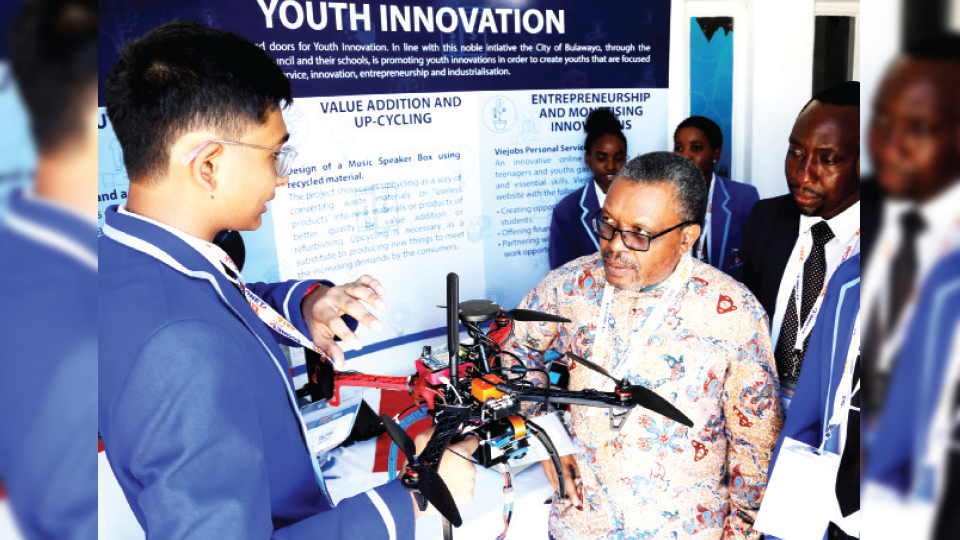Govt approves National e-Learning Strategy for Schools

Nqobile Tshili, Chronicle Reporter
GOVERNMENT has approved the National e-Learning Strategy for Schools in Zimbabwe which will see more learning institutions having internet connection before year end and 3 000 teachers receiving information communication technology (ICT) training by June.
The National e-Learning Strategy for Schools in Zimbabwe will run from this year until 2025.
It is part of Government’s priority programmes on Innovation, Science and Technology Development.
The e-learning strategy is part of Government’s initiative to industrialise the country through the use of ICTs.
Government is implementing a smart education programme whose aim is to complement traditional forms of learning.
E-learning has become a necessity in the country due to disruptions to the education sector caused by the Covid-19 pandemic.
Information, Publicity and Broadcasting Services Minister Monica Mutsvangwa told a post-Cabinet media briefing on Tuesday night that the strategy will result in 1 500 schools being connected with broadband before the end of the year and 3 000 teachers.
“The 2021 National e-Learning Programme has the following targets: connection of 1 500 schools to the broadband; electrification of 434 schools; manufacture of up to 150 000 devices as per order by the Ministry of Primary and Secondary Education; development of mobile applications for use on the existing e-Learning management system within 45 days; e-Learning content development by instructional designers which should be in place by June 2021; capacitation of 3 000 teachers with basic digital skills by December 2021; and delivery of e-Learning through audios, videos and text (multimedia) interactive materials,” said Minister Mutsvangwa.
She said the strategy also seeks to ensure that schools in remote areas of the country get access to online learning equipment.
“The success of the online learning initiative for rural communities will be premised on the expansion and upgrading of the broadband infrastructure; the acquisition of standardised gadgets for schools; the development and delivery of content, a federated content hosting approach to optimize and cut down on the cost of access; the importing of basic digital skills to educators (capacity building) and the availability of resources for the roll-out of the programme,” she said.
Minister Mutsvangwa said parastatals such as the Postal and Telecommunications Regulatory Authority of Zimbabwe (Potraz) are key in the implementation of the national e-leaning strategy.
She said the parastatal will continue providing e-learning gadgets to schools, particularly in rural areas, under the Connect a School-Connect a Community Programme formulated by the International Telecommunications Union (ITU).
“TelOne, NetOne and the Zimbabwe Academic and Research Network (Zarnet) will also be capacitated to play their part in providing connectivity on schools and tertiary institutions,” she said.
Minister Mutsvangwa said Government is also on course to establish dedicated radio and television channels for e-learning purposes.
“On the other hand, Zarnet will expedite its project to provide an optic fibre strand for the education sector. The National ICT Device factory in Msasa, with capacity to manufacture 150 000 units per annum, will be capacitated for the assembling of the requisite devices for e-learning,” said Minister Mutsvangwa. — @nqotshili










Comments